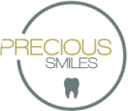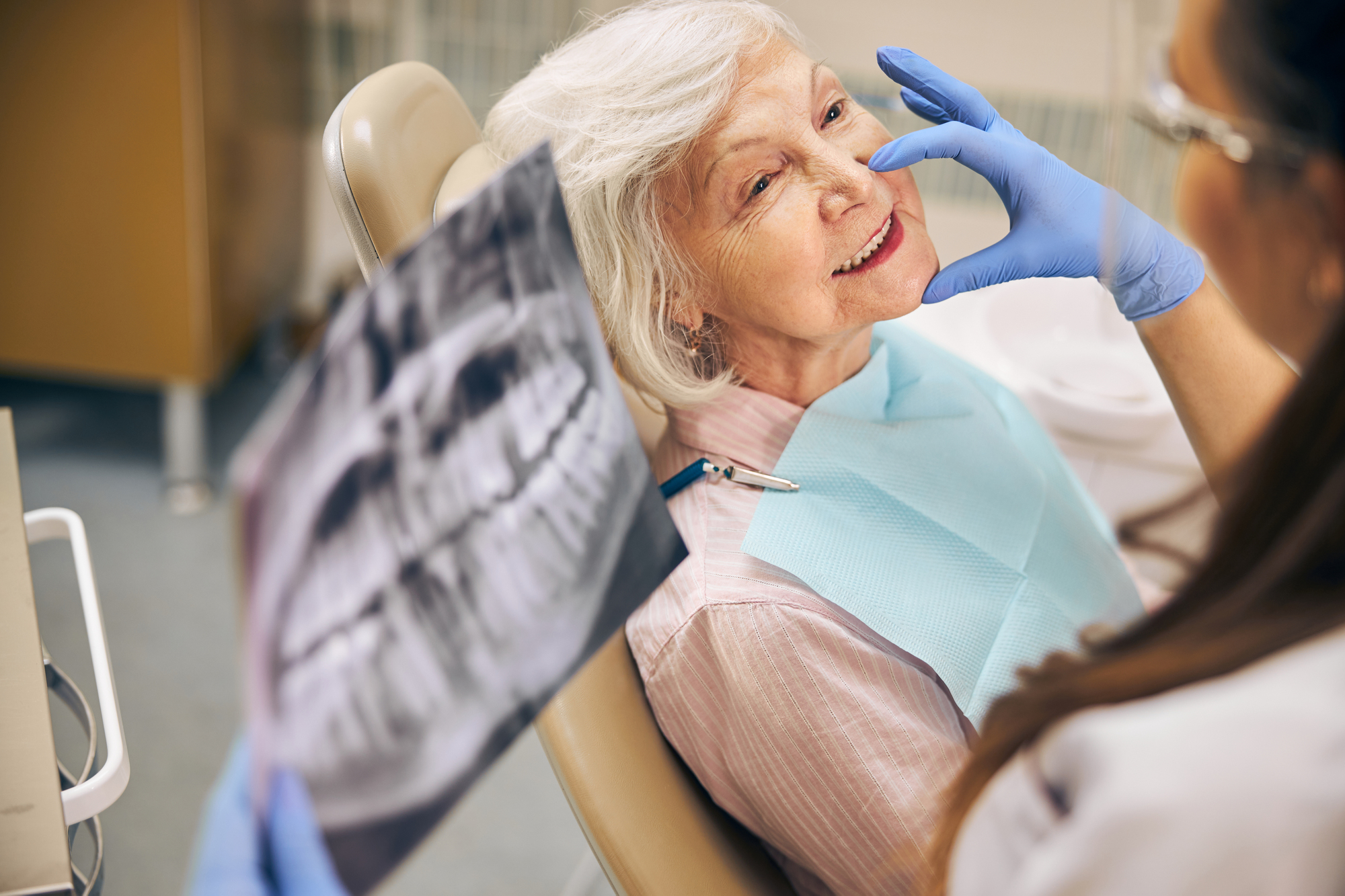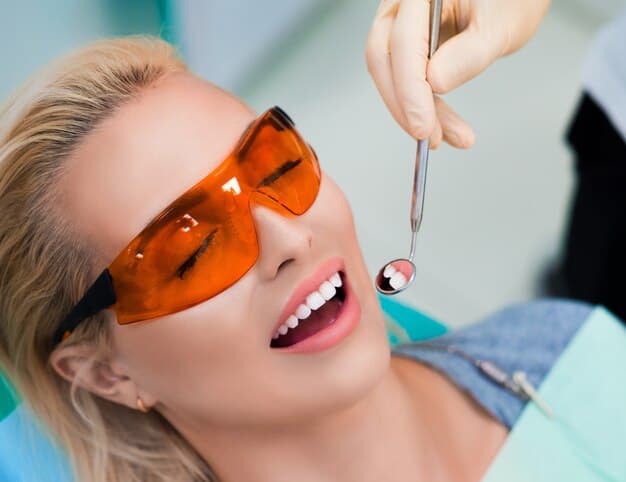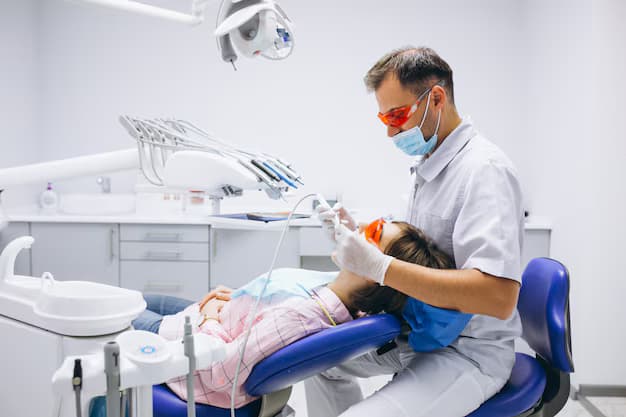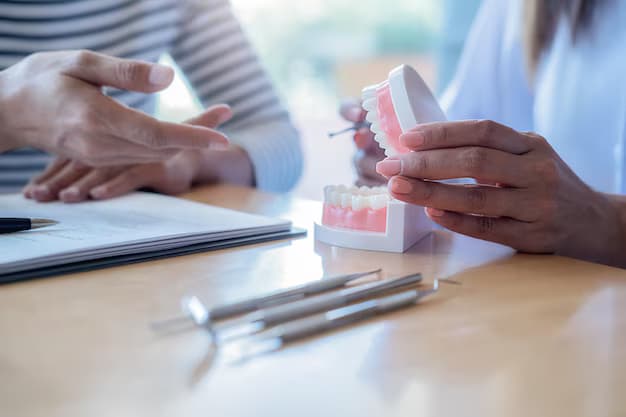Dental health becomes increasingly significant as we age, impacting not just oral health but overall well-being. Maintaining healthy teeth and gums can prevent a host of issues, from simple discomfort to more serious health complications. For seniors, this means being aware of and addressing the unique dental challenges that come with aging. Ensuring that you have a comprehensive understanding of these challenges and how to manage them can lead to better oral health and a higher quality of life.
Common Dental Challenges for Seniors
Seniors often face specific dental issues that require attention. One prevalent issue is dry mouth, or xerostomia, which can be caused by various factors including medications, certain medical conditions, and natural changes in the body. Dry mouth can increase plaque buildup, cavities, and gum disease. Another common issue is gum disease, which can progress to more severe stages if not treated promptly. Gum disease often manifests as swollen, bleeding gums and can result in tooth loss if left unchecked. Additionally, tooth loss is a concern for many seniors, either due to decay or other dental issues. Understanding these challenges is the first step in managing and mitigating their impact.
The Role of Geriatric Dentistry
Geriatric dentistry specializes in the dental care of older adults, addressing unique challenges such as managing multiple medications, chronic health conditions, and age-related changes in oral health. Geriatric dentists focus on personalized treatment plans that cater to the specific needs of seniors, including managing dry mouth, treating gum disease, and providing solutions for tooth loss like dentures or implants. This specialized care helps ensure that seniors receive comprehensive dental services that support their overall health and well-being.
The Importance of Regular Dental Visits
Regular checkups are essential for maintaining oral health, especially for seniors dental care in Scottsdale. These visits provide an opportunity for early detection of issues such as cavities, gum disease, and oral cancer. During these appointments, your dentist will perform a thorough examination, including professional cleanings to remove plaque and tartar that brushing and flossing may miss. Regular visits also allow for the monitoring of any changes in your oral health, ensuring that problems are addressed before they become more severe. Establishing a routine of dental checkups is a proactive approach to maintaining good oral health for seniors.
Effective Oral Hygiene Practices
Maintaining a robust oral hygiene routine is critical for preventing dental problems. For seniors, this means brushing twice a day with fluoride toothpaste to protect against cavities and gum disease. It is also important to floss daily to remove plaque from between teeth and under the gumline. Using a soft-bristled toothbrush can help avoid irritating sensitive gums, which are common among seniors. Additionally, incorporating an antimicrobial mouthwash into your routine can help reduce plaque and maintain fresh breath. Ensuring that these practices are followed consistently will contribute significantly to maintaining oral health.
Managing Dry Mouth
Dry mouth is a common issue among seniors, often resulting from medications or underlying health conditions. This condition can make it difficult to speak, swallow, and even taste food, and it increases the risk of dental problems such as cavities and infections. To manage dry mouth, seniors should increase their water intake throughout the day to stay hydrated. Chewing sugar-free gum or sucking on sugar-free candies can help stimulate saliva production, which is crucial for oral health. If dry mouth persists despite these measures, consulting with a dentist for specialized treatments or products can provide additional relief and protection for your oral health.
Maintaining Gum Health
Healthy gums are a cornerstone of good oral health. Gum disease, if not addressed, can lead to significant dental issues, including tooth loss. Seniors should be vigilant for signs of gum disease, such as redness, swelling, or bleeding gums. Maintaining good gum health involves more than just brushing and flossing; it also includes regular dental cleanings and checkups. Ensuring that any signs of gum disease are promptly addressed can prevent progression and preserve overall dental health. Your dentist can provide guidance on effective techniques and treatments to keep your gums healthy.
Nutritional Considerations for Dental Health
A balanced diet is integral to maintaining dental health, especially as we age. The nutrients in food support strong teeth and gums, helping to prevent decay and other issues. Seniors should aim to incorporate a variety of fruits and vegetables, lean proteins, and whole grains into their diets. These foods provide essential vitamins and minerals that support oral health. Reducing the intake of sugary and acidic foods is also important, as these can contribute to tooth decay and erosion. By focusing on a nutrient-rich diet, seniors can support their oral health and overall well-being.
Care for Dentures and Dental Appliances
For seniors who use dentures or other dental appliances, proper care and maintenance are essential. Dentures should be cleaned daily using appropriate denture cleansers, and they should be removed at night to allow the gums to rest. It is also important to regularly check dentures for signs of wear or discomfort and have them adjusted as needed. Routine dental checkups are necessary to ensure that dentures fit properly and do not cause any issues with the gums or oral tissues. Addressing any concerns with your dentures promptly can help maintain comfort and function.
Preventive Dental Measures
Preventive dentistry helps to avoid many common oral health problems. In addition to routine brushing and flossing, seniors may benefit from fluoride treatments, which strengthen teeth and protect against decay. Dental sealants can also provide extra protection, particularly for those who are at higher risk of cavities. Discussing preventive measures with your dentist can help tailor a care plan that addresses your specific needs and enhances your oral health. Regular preventive care is a proactive approach to maintaining a healthy smile and preventing future issues.
Conclusion
Maintaining good dental health is a vital part of aging gracefully. By following these tips and working closely with a dentist, seniors can address common dental challenges and enjoy a healthy, confident smile. Regular checkups, effective oral hygiene practices, and attention to specific dental issues will contribute to better overall oral health and quality of life. For personalized dental care and advice, reach out to a Precious Smiles dental office and schedule your next appointment. Taking proactive steps to manage your dental health will help ensure a brighter, healthier future.
